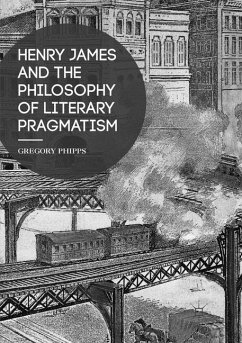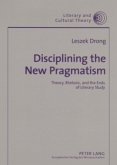This book examines the interdisciplinary foundations of pragmatismfrom a literary perspective, tracing the characters and settings that populatethe narratives of pragmatist thought in Henry James's work. Cultivated during apostwar era of industrial change and economic growth, pragmatism emerged in thelate nineteenth century as the new shape of American intellectual identity.Charles Peirce, William James, and Oliver Wendell Holmes, Jr. were closefriends who founded different branches of pragmatism while writing on a vastarray of topics. Skeptical about philosophy, William James's brother, Henry,stood at the margins of this group, crafting his own version of pragmatism throughhis novels and short stories. Gregory Phipps argues that James's fiction weavestogether the varied depictions of individuality, society, experience, and truthfound in the works of Peirce, Holmes, and William James. By doing so, Jamesbrings to narrative life a defining moment in American intellectual andmaterial history.
Bitte wählen Sie Ihr Anliegen aus.
Rechnungen
Retourenschein anfordern
Bestellstatus
Storno









